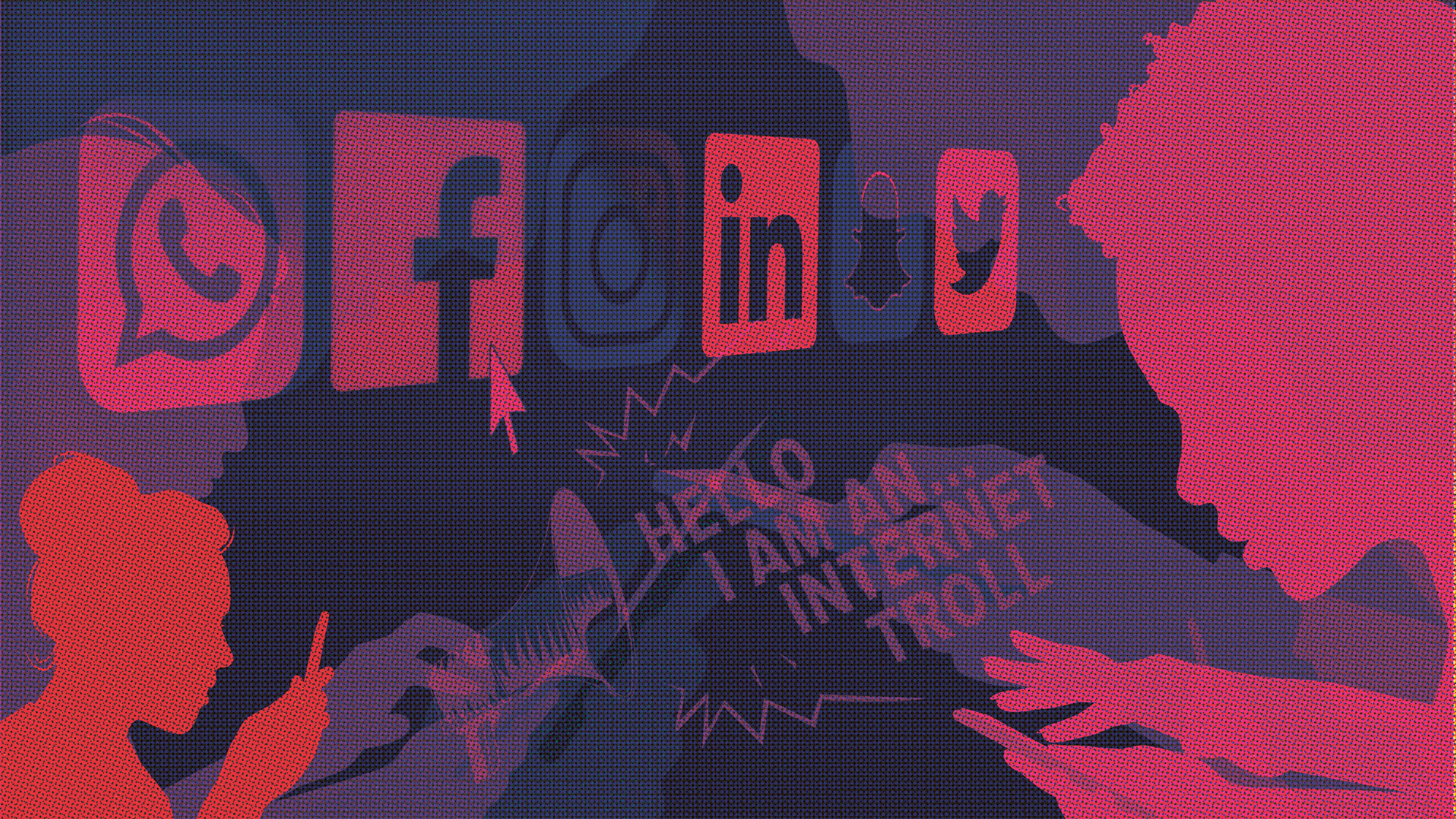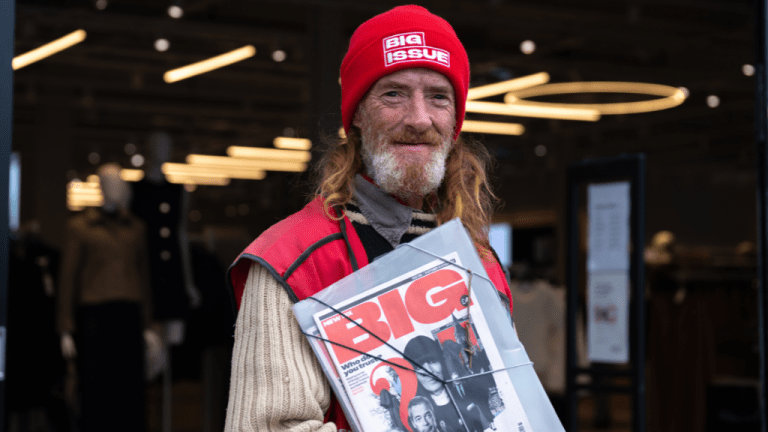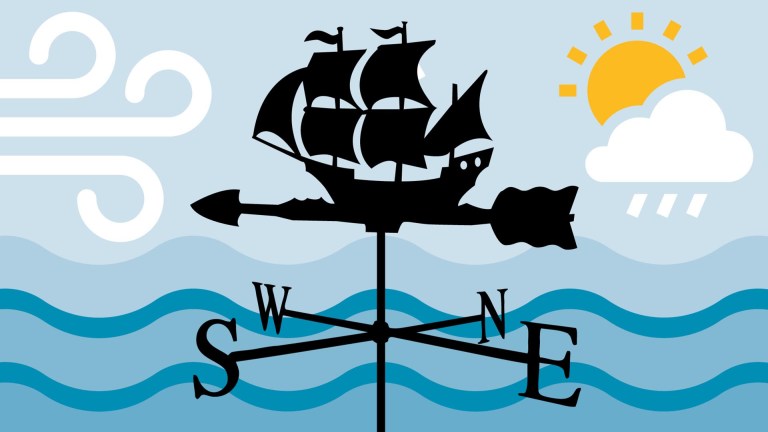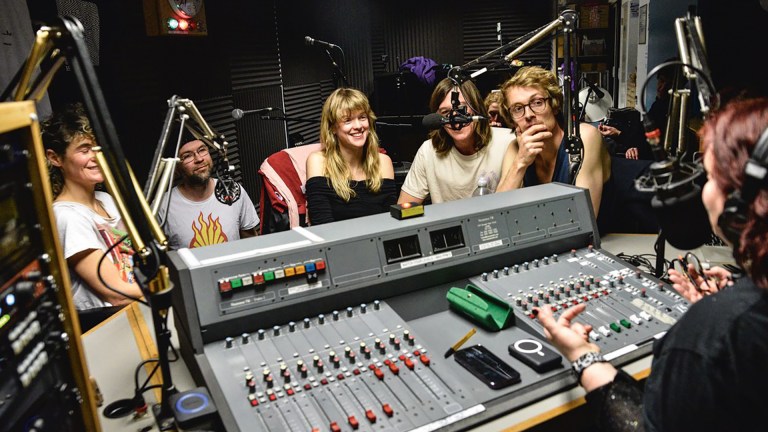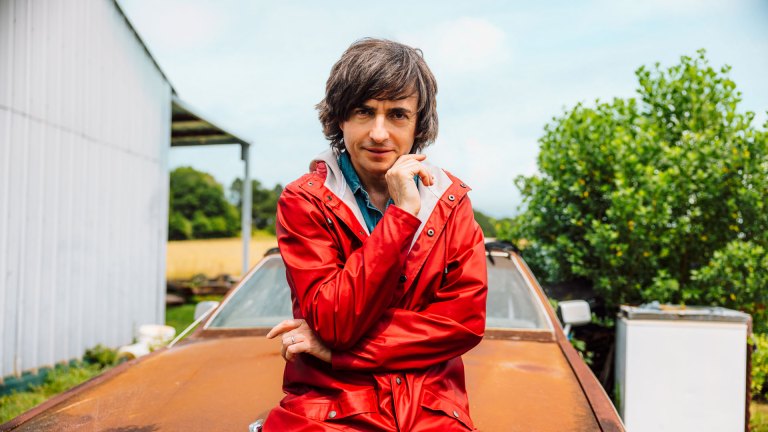“We are the unfortunate guinea pigs in the evolution of the online space,” Aleks Krotoski told us on The Digital Human’s recent episode about offence online.
Anyone who has found themselves trolled, threatened or just bleakly questioning the nature of humanity after spending an hour or so on social media might take heart from this. Perhaps it’s not that humanity’s character is utterly doomed, it’s just that the space we are exposing it on is not fit for purpose and gives us a skewed vision of what we have become.
Spite, facetiousness and petty vindictiveness have all been elevated and monetised by social media.
Academic and activist Loretta Ross talked of a time before the internet where she was called upon by a mountainside quilting club. Under the guise of making a quilt, a group of wives of Klu Klux Klan members called on Ross to help them work out a plan to prevent their sons joining their racist partners in the KKK.
Well-intentioned and wishing to move further from race hate, they nevertheless used language Ross found inappropriate, calling her “a well-spoken coloured girl”. Ross found herself questioning whether she should respond to their inappropriate language or whether the priority must remain the anti-racist training.
Krotoski questioned how we deal with the way we offend and are offended online – can it ever be productive?
